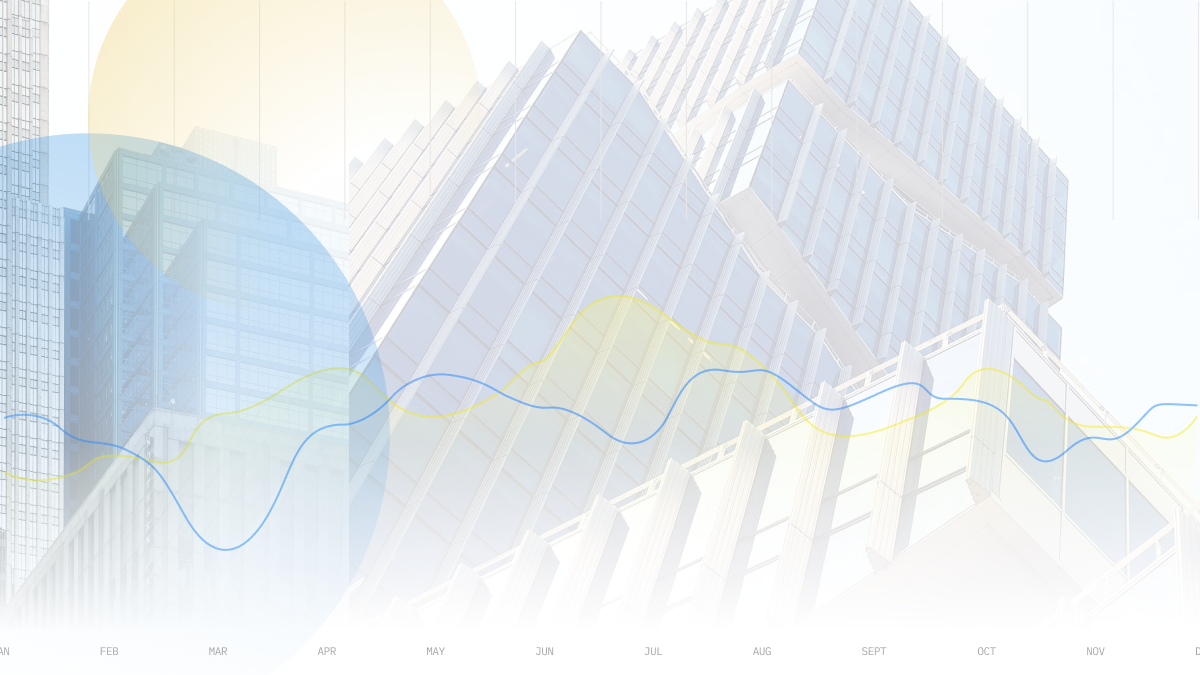




January Economic Update: Growth slows, prices rise
 DOWNLOAD
DOWNLOAD

Inflation Update: Up, up, and away?
 DOWNLOAD
DOWNLOAD

Quarterly Economic Growth Release: Growth takes on a slower pace
 DOWNLOAD
DOWNLOAD



Nasdaq-listed 26 Capital to pursue USD 2.5 billion SPAC deal with Manila casino
MANILA, June 15 (Reuters) – Nasdaq-listed 26 Capital Acquisition Corp.’s (ADER) CEO said on Wednesday the blank check firm was committed to its USD 2.5 billion purchase of the Philippines’ biggest integrated casino-resort, despite a wrangle for control at the casino’s current owners.
The 44-hectare (108-acre) Okada Manila, owned by subsidiaries of Japan’s Universal Entertainment Corp., agreed in October to go public in the United States through a merger with 26 Capital.
But the deal has become mired in a long-running dispute between Universal and its deposed chairman and founder, Kazuo Okada.
That dispute took a dramatic turn on May 31 when Okada’s Filipino partners took physical control of the USD 3.3 billion casino in the Philippine capital with the help of private security guards and local police.
“I believe Universal will be back in control of Okada Manila soon,” Jason Ader, chairman and CEO of 26 Capital, told Reuters. “Both parties plan to close this transaction.”
The seizure of the casino came after the Philippine Supreme Court ruled in April that Okada should be reinstated as chairman of the casino’s owner and operator.
Universal’s domestic unit, Tiger Resorts, has appealed that ruling and complained of what it said was an “illegal and violent” takeover.
Universal and its subsidiaries, and the camp of Okada and his Filipino partners did not immediately respond to requests for comment outside of office hours.
Listing in the United States will give Okada Manila access to a wide array of funds, customers and lenders, Ader said, adding investors see the potential for the Philippines to be one of the world’s best gaming markets.
The Philippines, which has one of Asia’s most freewheeling gaming industries, has started to recover from the pandemic. Its gross gaming revenues rose 14% to 113 billion pesos (USD 2.12 billion) in 2021, though still below the record 256 billion in 2019, data from the gaming regulator show.
In contrast, top gaming hub Macau, of which 90% of visitors typically come from mainland China, continues to reel from Beijing’s “zero-COVID” policy.
In 2017, Okada was ousted from the board of both Universal and its Philippine unit on suspicions of misappropriating millions of company funds, which he has denied.
(Reporting by Neil Jerome Morales; Editing by Mark Potter)
This article originally appeared on reuters.com





 By Reuters
By Reuters